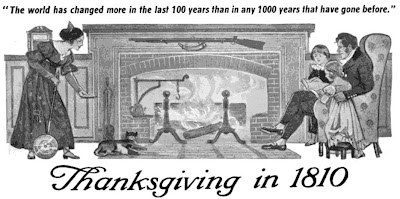Friday Links
Above, you’ll find the cover of Superboy #8, published way, way back in 1950. It’s not technically a Thanksgiving comic book cover, but we like to think that it could be. After all, Superboy is in the kitchen using his x-ray vision to learn the secrets of the coming meal. We here at Abnormal Use and Gallivan, White, & Boyd, P.A. hope you all had a pleasant Thanksgiving yesterday. If Facebook is any indicator, then everyone we know seemed to enjoy preparing – and photographing – their turkeys and pies and meals and whatnot.
Friend of the blog Eric Rowell is not a fan of the “shop small” movement.
Here’s some light reading: If you’re sick of hot coffee cases, try the McDonadland lawsuit (which dealt with the McDonald’s characters). Was Grimace deposed? (Hat Tip: Popehat).
Did anyone venture out into the world today to shop, or did you cower in fear at home? We here at Abnormal Use chose the latter.
Have a great holiday weekend, and we’ll see you on Monday.





















